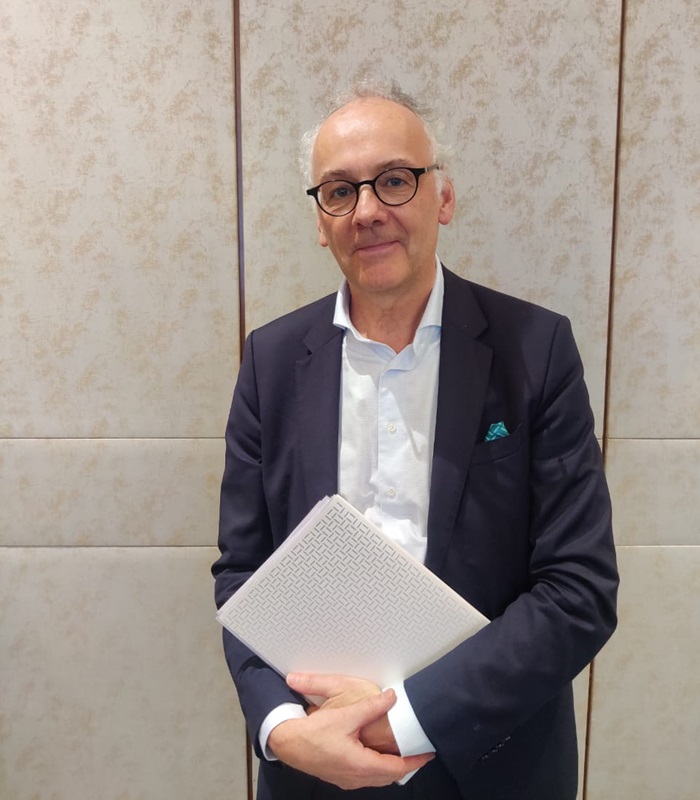
The global textile industry is undergoing a significant transformation, driven by evolving consumer demands, stricter regulations, and increasing pressure for sustainable practices. Dirk Vantyghem, Director General of Euratex(the European textile and apparel association) discusses a complex landscape shaped by sustainability imperatives and shifting global trade dynamics.
EU sets the pace for sustainable textiles
The European Union is emerging as a key driver of change, setting new standards for textile products entering its market. Vantyghem emphasizes the EU's commitment to enhancing quality and minimizing environmental impact, regardless of production origin. This translates to stricter requirements for recyclability, durability, transparency, and a significant reduction in harmful chemicals. With regulations slated for implementation in 2026, Vantyghem's message to international partners, including key players like India, is clear: compliance with these standards is non-negotiable for market access. This proactive approach positions Europe as a leader in sustainable textile production, compelling global manufacturers to adapt their practices.
The global sustainability imperative
While acknowledging the progress made by many European textile companies in adopting sustainable practices, Vantyghem recognizes the global nature of the challenge. He stresses that sustainability is not a competition between regions but rather a collective effort. The focus, he argues, should be on incentivizing and rewarding companies that invest in sustainable solutions, fostering a market environment that values responsible production. This approach encourages innovation and drives industry-wide adoption of eco-friendly technologies and processes.
Trade tensions and market volatility
The textile industry faces additional headwinds from global trade tensions and the potential for trade wars. Vantyghem expresses concern about the negative impact of such uncertainties on business confidence and global trade flows. He underscores the importance of stable international relations for fostering a healthy and predictable market environment. This stability is crucial for businesses to make long-term investments in sustainable practices and technological advancements.
A call for industry-wide transformation
Vantyghem's insights paint a picture of an industry at a critical juncture. The need to adapt to evolving regulations, embrace sustainable practices, and navigate geopolitical complexities is paramount. As Europe leads the charge towards a more sustainable textile sector, global producers must prioritize innovation and compliance to remain competitive. The future of the textile industry hinges on its ability to embrace responsible practices and create a circular economy that minimizes environmental impact.












